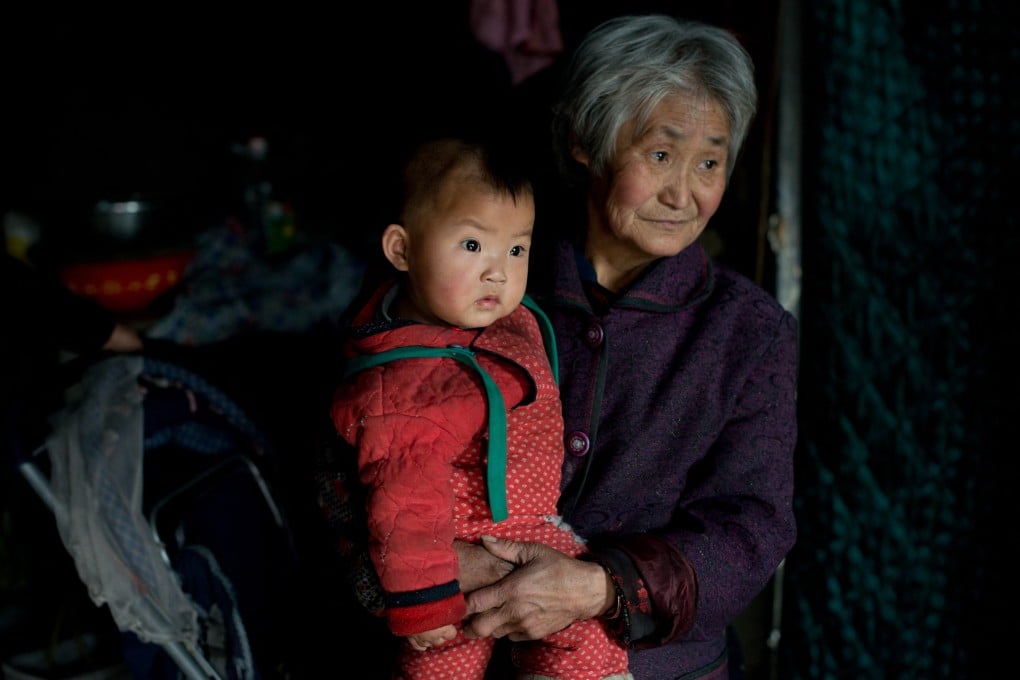Opinion | Why China faces a long struggle to arrest its population decline
- By every yardstick, China is walking into a textbook demographic crisis of falling birth rates, a shrinking labour force, and ballooning numbers of pensioners
- Once the country’s population starts to decline – which is likely to happen in 2022 – it will be extremely difficult to reverse the trend

Just one line in President Xi Jinping’s speech to the 20th party congress on Sunday was about population – saying that China has to “optimise its population strategy and develop a birth support system” – but it was the first unambiguous pro-birth message from the ruling Communist Party’s half-decade conference.
After four decades of birth control – starting when the 12th party congress in 1982 enshrined “family planning” as “basic state policy” – China has finally woken up and realised that it may have gone too far and for too long when it comes to intervening in birth control.
By every yardstick, China is walking into a textbook demographic crisis of falling birth rates, a shrinking labour force, and ballooning numbers of pensioners. Its U-turn in population policy has come too late.
Only eight years ago, China’s most famous film director Zhang Yimou was fined US$1.2 million for having three kids. Yet today, local governments are scrambling to reward people for having more babies. Changsha, the capital of Hunan province, has promised to give 10,000 yuan (US$1,390) in cash for the third child of every couple.
If the experience in Japan, South Korea and many other countries can offer a reference, China’s efforts to increase its birth rate will be a long-term struggle. Once the country’s population starts to decline – which is likely to happen in 2022 – it will be extremely difficult to reverse the trend.
Beijing started to realize the downside of its excessive birth control measures in the early 2010s. The 18th party congress in 2012 endorsed family planning but called for “improvement”, but bureaucratic and political inertia has prevented Beijing from taking swift action.
Instead, it resorted to baby steps. In 2014, the government allowed couples – provided at least one was an only child – to have a second baby. Two years later it extended that right to all couples, and then last year introduced a three-child policy.

